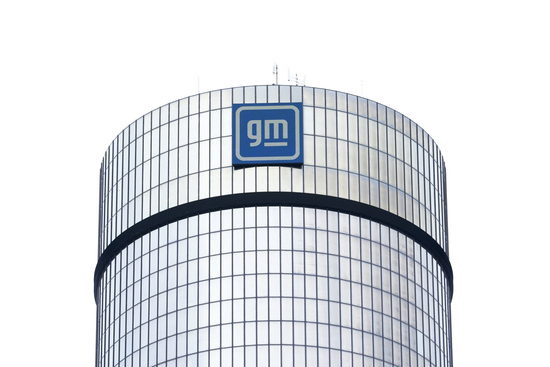President Donald Trump announced late on Tuesday that he and Japan reached a trade agreement, which will slap a 15% tariff on Japanese imports in exchange for Japan investing $550 billion in the U.S.
The so-called deal is another shit sandwich for Americans, especially U.S. car manufacturers. That’s because Japanese cars imported into the U.S. will face a 15% tariff rate—lower than the 25% tariff American car companies currently face for imported auto parts. And that 15% rate is less than the shocking 25% tariff Trump had threatened against Japan if a deal wasn’t struck.
That’s why Japanese car stocks rose on Wednesday, with Toyota up about 13%.
“Toyota is up +8% on the news of a 15% tariff. Why? It’s simple,” Spencer Hakimian, founder of the hedge fund Tolou Capital Management, wrote in a post on X. “Ford, GM, Tesla, and all the other American manufacturers are going to be paying 50% more for their steel, 50% more for their copper, 25% more for their Canadian production, 25% more for their Mexican production, and 55% on their Chinese production. Toyota only has to pay 15% more and they’re done with all the shenanigans. Ford has to pay much more than that. A lot more in fact.

“We’ve given a Japanese car company an advantage over American car companies. All in hope of bringing auto jobs back to America,” he added.
The American Automotive Policy Council—which represents General Motors, Ford, and Stellantis—said on Wednesday that the Japanese trade agreement is a “bad deal for U.S. industry and U.S. auto workers.”
American automakers have already said Trump’s tariffs have dealt a massive blow to their companies.
General Motors reported Tuesday that it lost $1 billion from April to June ,attributing the losses to Trump’s tariffs. And Stellantis, which manufactures American brands like Chrysler, Jeep, and Dodge, said it lost a whopping $2.7 billion in the first half of 2025 because of Trump’s trade levies.
But Trump’s trade policy is not hurting just automakers.
Goldman Sachs on Tuesday said that U.S. economic growth will slow in 2025 because of Trump’s tariffs. The bank’s chief economist, Jan Hatzius, wrote in a memo to clients that the tariffs “will eat into real income, at a time when consumer spending trends already look shaky.” Hatzius added that consumer spending appears to have slowed in the first half of the year, which he said “rarely happens outside of recession.”
Indeed, prices are on the rise for American consumers for everything from beef and chocolate to household products sold on retail giant Amazon.
Meanwhile, the Aug. 1 deadline Trump put on other countries to make trade deals is rapidly approaching. And if deals aren’t reached, tariffs will soar to 30% for imports from major American trading partners, including Mexico and the European Union.
And if the deals are as crappy as the one just announced with Japan, Americans are in for a world of hurt.
